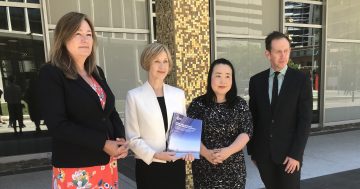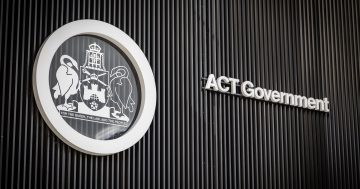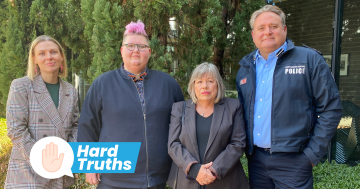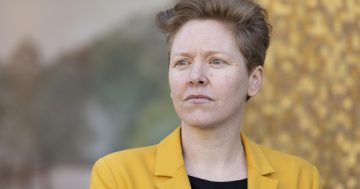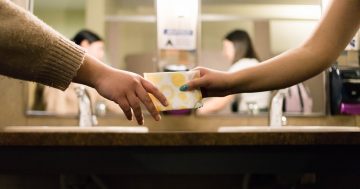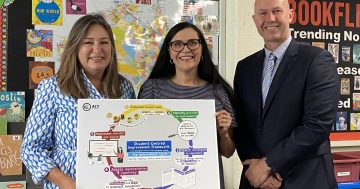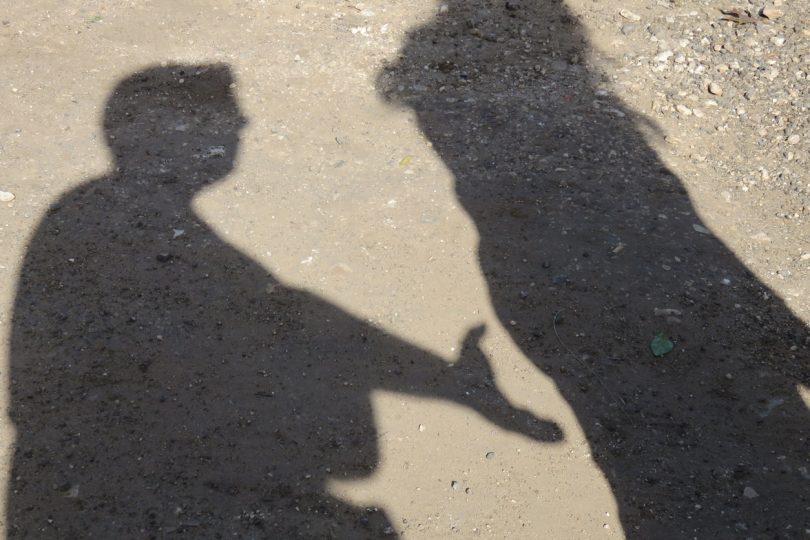
The Family Safety Hub will seek new solutions and community change in dealing with domestic violence.
The ACT Government has laid out a policy response to the murder of Tara Costigan and other major domestic violence incidents in the ACT with the launch of the Family Safety Hub, which will develop innovative ideas and channel them into the service system to prevent such tragedies in the future.
The Hub, located in Barton, will cost nearly $6 million over four years through the Safer Families Levy, which sees each household contribute $30 per year through their rates.
Minister for the Prevention of Domestic and Family Violence, Yvette Berry, said the Hub would act as a central avenue to bring the right people together to develop new solutions and to then design, trial and test these ideas before allowing for them to be scaled-up and merged into the existing service system.
“We knew we had to do something differently, doing the same thing wasn’t helping all of the people who needed help,” she said.
The Hub was developed through a 12-month co-design process which involved over 50 service providers, as well as 20 people with lived experience of domestic and family violence.
“Through the co-design process, we heard that some people are incredibly isolated and many seek help through trusted relationships. This means that the whole service system, including the education, health and legal sectors, need to be able to respond to domestic and family violence,” Ms Berry said.
The Hub will deal with several difficult policy issues a year, in processes called Challenges where community services, experts, service providers and government representatives come together to devise better solutions.
The first one will be on early intervention for pregnant women and new parents, which came out of the co-design work with the community on the Hub.
Coordinator-General for Family Safety, Jo Wood said all the evidence said that this was a high-risk time for violence starting in a relationship.
“Many women had stories about violence either starting or experiencing violence during pregnancy, that put them at risk and their babies at risk. Frontline workers see their clients potentially experiencing violence and they want to be able to do more to help but they also need more support to do that,” she said.
Ms Berry said experts from across the community and health sectors, including child and maternal health services, Child and Family Centres, domestic violence services and men’s behaviour change programs, had come together on Thursday and Friday (10 and 11 May) to tackle this issue in innovative ways.
“The capability of services will be enhanced to understand, identify and respond to domestic and family violence and provide improved responses to clients, as well as build new pathways for Aboriginal and Torres Strait Islander families, children, women with disabilities and the LGBTIQ+ community,” she said.
Other challenges will be tackled through the Hub this year, including a focus on enhancing women’s access to financial support and private housing.
Ms Wood said the Hub would help develop the ideas that would give people the right support at the right time but also bring about change and establish a zero tolerance for domestic and family violence.
The best ideas would be tested with a range of users, people with lived-in experience of violence and people in frontline roles, then piloted in a formal way and evaluated.
“So we can identify what really works and extend them into the system, and through a problem at a time and taking an evidence-based approach, we’ll drive some bigger longer-term change across the system,” Ms Wood said.
The final insights from the co-design process can be found here.
The final Family Safety Hub design report can be found here.












